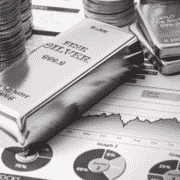The Turkish economy showed resilience in the second quarter, rebounding from the impact of a devastating earthquake earlier this year. This positive development comes as a boost for President Recep Tayyip Erdogan, who was recently re-elected and is facing challenges such as soaring inflation and a devalued currency.
According to data released by Turkey’s statistics office, Turkstat, the country’s gross domestic product (GDP) grew by 3.5% between April and June, compared to the previous quarter, after being adjusted for seasonal and calendar factors. In comparison to the same period last year, the economy expanded by 5.0%.
This growth is noteworthy considering the obstacles faced by the country, including high inflation and the costly damages caused by the earthquake in February.
Despite the rising prices, household consumption remained a significant driver of economic growth in the second quarter. Turkstat reported a 16% increase in household consumption compared to the previous year, while imports rose by 20%.
In an attempt to tackle inflation, Turkey’s central bank, led by new governor Hafize Gaye Erkan, recently raised its key interest rate by an additional 7.5 percentage points to 25%. However, it is anticipated that inflation will continue to rise and could reach around 60% by the end of 2023, according to a survey conducted by the central bank in August.
These latest figures highlight the resiliency of the Turkish economy amidst challenging circumstances. President Erdogan and his administration will likely continue to implement measures to stabilize the economy and combat inflation in the coming months.











Comments